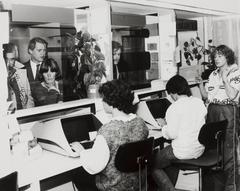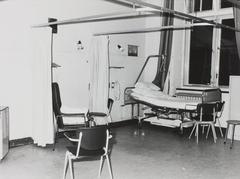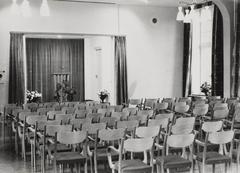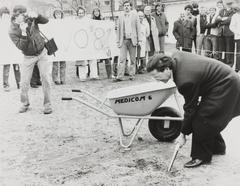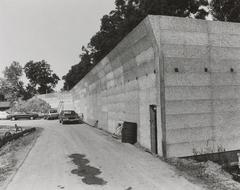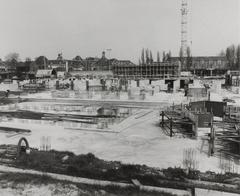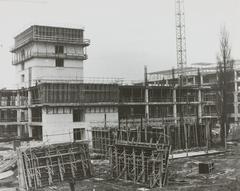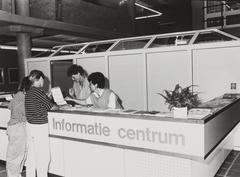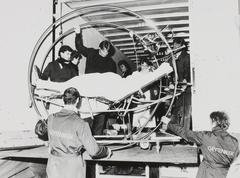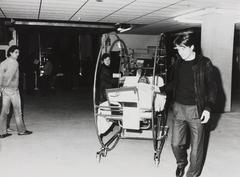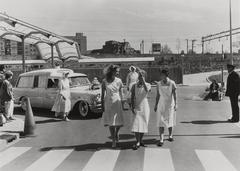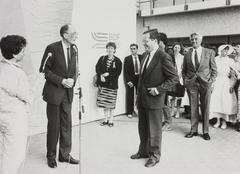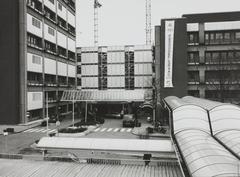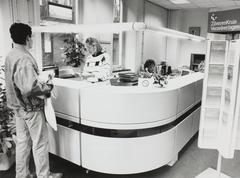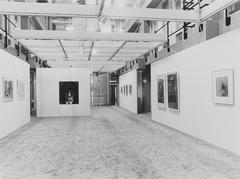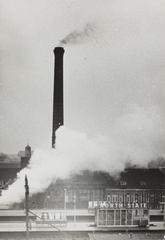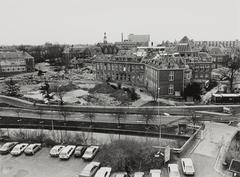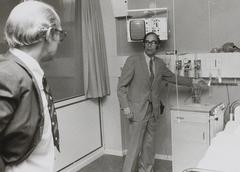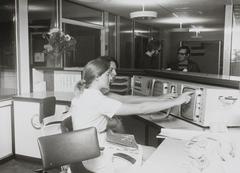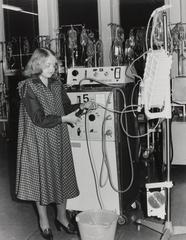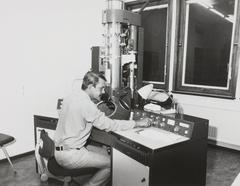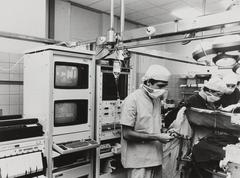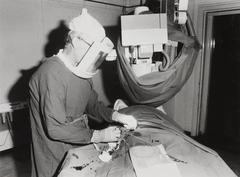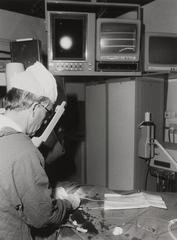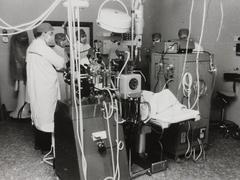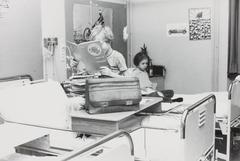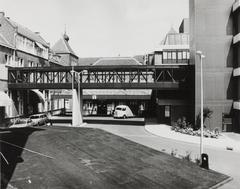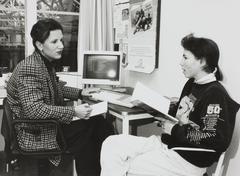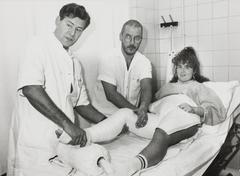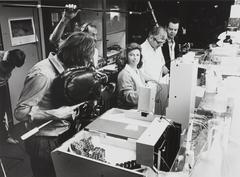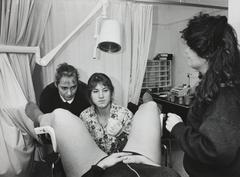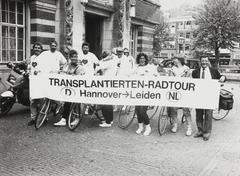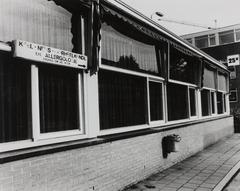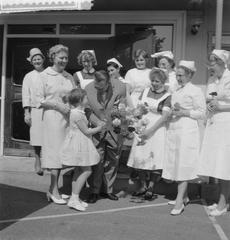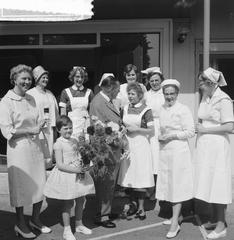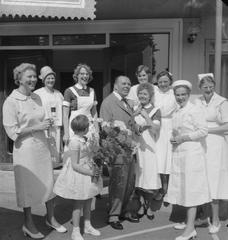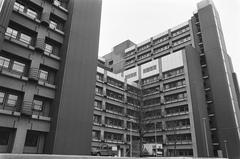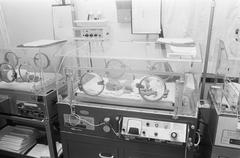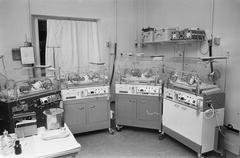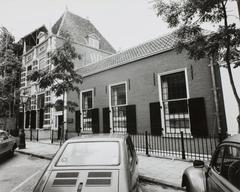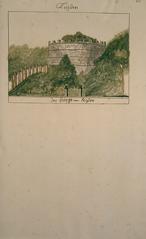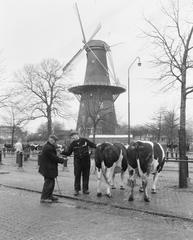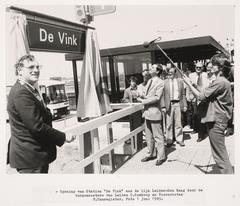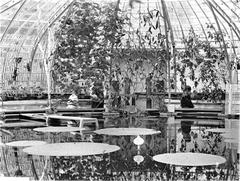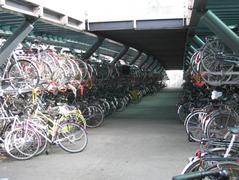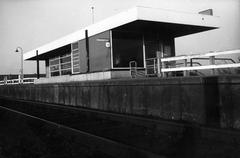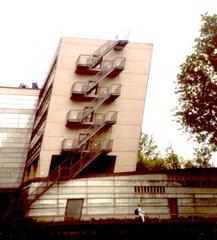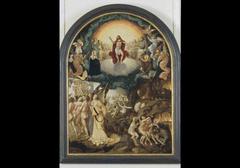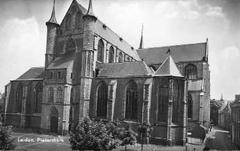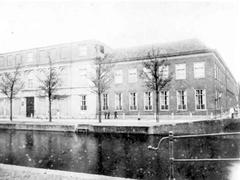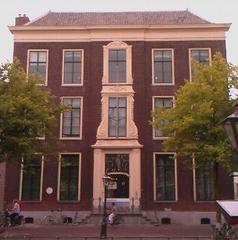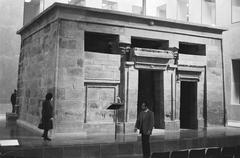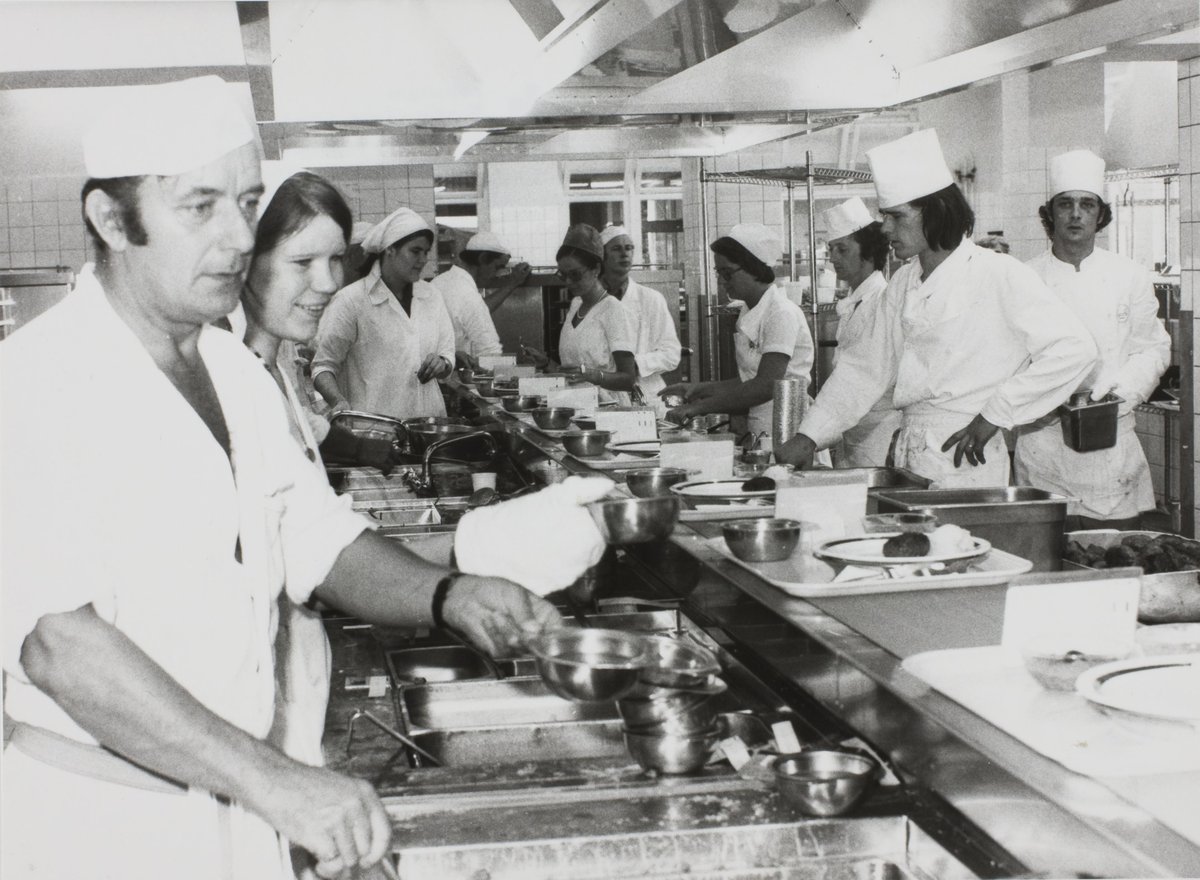
Visiting Leiden University Medical Center (LUMC), Leiden, Netherlands: Complete Guide
Date: 14/06/2025
Introduction to Leiden University Medical Center (LUMC): Significance and Visitor Overview
Leiden University Medical Center (LUMC) is one of the Netherlands’ foremost academic medical institutions, located in the historic city of Leiden. Rooted in the rich academic tradition of Leiden University—founded in 1575, the oldest university in the country—LUMC builds on centuries of pioneering medical education, research, and patient care. From the establishment of the first anatomical theater in 1594 to the revolutionary teaching of Herman Boerhaave, LUMC has played a critical role in shaping both national and European medical science (Museum Boerhaave; Leiden University).
Formally created in 1996 from the merger of the university’s medical faculty and the Academic Hospital Leiden, LUMC today is internationally recognized for cutting-edge research, especially in cardiovascular imaging, regenerative medicine, and gene therapy. State-of-the-art facilities like NecstGen—the Netherlands Center for the Clinical Advancement of Stem Cell and Gene Therapies—underscore its commitment to innovation (NecstGen; Medis). Located within the Leiden Bio Science Park and adjacent to Leiden Central Station, LUMC is not only a beacon of medical progress but also a modern architectural landmark with sustainability at its core.
This guide offers essential information for all visitors—medical professionals, students, and tourists passionate about medical history or scientific innovation. You’ll find practical details about accessibility, visiting hours, guided tours, and recommendations for nearby attractions to make your visit to LUMC and Leiden truly memorable.
Contents
- Introduction
- Historical Overview and Development
- Role in Medical Science and Innovation
- Campus Highlights and Architecture
- Essential Visitor Information
- Location and Accessibility
- Visiting Hours and Tours
- Facilities and Amenities
- Events and Engagement
- Nearby Attractions
- Frequently Asked Questions (FAQ)
- Summary and Recommendations
- Sources and Official Links
Historical Overview and Development
LUMC’s legacy dates back to the late 16th century, shortly after the founding of Leiden University in 1575. The opening of the university’s first anatomical theater in 1594 established Leiden as a European leader in medical education (Museum Boerhaave). Throughout the 17th and 18th centuries, the university’s medical faculty gained international renown, largely thanks to trailblazers like Herman Boerhaave, whose progressive teaching methods and clinical approach set new standards for medical training.
Over the following centuries, Leiden’s university hospital evolved in tandem with advances in medicine and technology. The modern LUMC was formally established in 1996 through the merger of the medical faculty and Academic Hospital Leiden, creating a unified center for patient care, scientific research, and education (Leiden University).
Role in Medical Science and Innovation
Today, LUMC is recognized as a leader in medical research, clinical care, and the education of future healthcare professionals. As part of the Leiden Bio Science Park, one of Europe’s largest life science clusters, the center fosters collaboration between academia, industry, and healthcare providers.
Major contributions include innovations in cardiovascular imaging—a field advanced by the LUMC spin-off Medis—and leadership in regenerative medicine and gene therapy through NecstGen. LUMC’s research strengths span genetics, immunology, oncology, and infectious diseases, and its integration with Leiden University ensures a multidisciplinary approach to medical science (Leiden University Institute for History).
Campus Highlights and Architecture
LUMC’s main campus, adjacent to Leiden Central Station, is a model of contemporary Dutch design, emphasizing sustainability and patient-centered care. The hospital complex features interconnected buildings with clinical facilities, research labs, educational spaces, and green areas that promote well-being. The proximity to the Leiden Bio Science Park creates a dynamic ecosystem of biotech companies, research institutes, and start-ups (NecstGen).
Essential Visitor Information
Location and Accessibility
- Address: Albinusdreef 2, 2333 ZA Leiden, Netherlands
- By Train: Adjacent to Leiden Central Station; direct trains from Amsterdam, The Hague, Rotterdam, and Schiphol Airport (approx. 20 minutes from Schiphol)
- By Car: On-site parking available (limited and paid). Public transportation is recommended for convenience.
- Public Transport: Extensive local bus network with stops near LUMC (Leiden Holland Tourist Information)
Visiting Hours and Guided Tours
- General Access: LUMC operates as a working hospital; public access is limited to non-clinical areas.
- Clinical Areas: Restricted for patient privacy and safety.
- Guided Tours: Available by appointment for academic or professional groups. Contact the visitor services or education department in advance (LUMC Education).
- Museum Boerhaave: Open to the public, Tuesday–Sunday, 11:00 AM–5:00 PM (Museum Boerhaave).
- Corpus Museum: Open daily, 10:00 AM–5:00 PM (Corpus Museum).
Facilities and Amenities
- Reception: Multilingual staff at main entrance; information desks and digital kiosks with maps in Dutch and English.
- Dining: Multiple cafeterias and coffee bars with Dutch and international cuisine, vegetarian/vegan options, and public seating.
- Shops: On-site pharmacy, flower shop, convenience store, and ATMs.
- Accessibility: Fully wheelchair-accessible with ramps, elevators, accessible restrooms, and wheelchairs upon request.
- Wi-Fi: Free throughout the complex.
- Accommodation: Wide selection of hotels nearby (Visit Leiden).
Events and Public Engagement
LUMC regularly hosts public lectures, exhibitions, and science events. Event schedules and registration details are available on the Leiden University website. Special events, such as Leiden’s annual science festivals, offer unique opportunities to interact with researchers and explore medical history.
Nearby Attractions
Leiden offers a wealth of cultural and scientific destinations within easy reach of LUMC:
- Museum Boerhaave: National museum of science and medicine.
- Corpus Museum: Interactive journey through the human body.
- Leiden Observatory: The world’s oldest operating university observatory.
- National Museum of Antiquities: Artifacts from ancient civilizations.
- Naturalis Biodiversity Center: Extensive natural history museum.
- Hortus Botanicus Leiden: One of the world’s oldest botanical gardens.
- Leiden’s Historic City Center: Picturesque canals and monuments; birthplace of Rembrandt.
Frequently Asked Questions (FAQ)
Q: What are the visiting hours for LUMC?
A: The hospital is open daily, but public access to most areas is limited. Guided tours are available by appointment for groups.
Q: Are tickets required to visit LUMC?
A: No tickets are needed for public areas. Guided tours or special events may require registration. Museums nearby require tickets.
Q: Is LUMC accessible for visitors with disabilities?
A: Yes, the campus is fully equipped for accessibility.
Q: How do I get to LUMC from Schiphol Airport?
A: Direct trains run frequently from Schiphol to Leiden Central Station; LUMC is a short walk from there.
Q: Are there COVID-19 measures in place?
A: Mask-wearing and sanitization may still be required; check the LUMC website for current protocols.
Q: Where can I park at LUMC?
A: Paid on-site parking is available, but public transport is advised due to limited spaces.
Summary and Recommendations
Leiden University Medical Center blends centuries of medical tradition with state-of-the-art research and clinical care. Its thoughtfully designed campus, convenient location, and array of visitor facilities make it an exemplary destination for those interested in medicine, science, or Leiden’s broader cultural scene. While patient areas are restricted, guided tours, public events, and nearby museums offer unique insights into LUMC’s historic and scientific contributions.
For the best experience:
- Confirm visiting hours and tour availability in advance.
- Use public transport for easy access.
- Explore Leiden’s outstanding museums and historic sites during your visit.
- Stay updated via the LUMC website and Leiden tourist information portal.
Download the Audiala app for real-time travel tips and follow LUMC’s social media for news and visitor updates.
Sources and Official Links
- Museum Boerhaave
- Leiden University Medical Center (LUMC)
- Leiden University
- Leiden Bio Science Park
- Medis Imaging
- Leiden Holland Tourist Information
- Corpus Museum
- Visit Leiden Tourist Information

